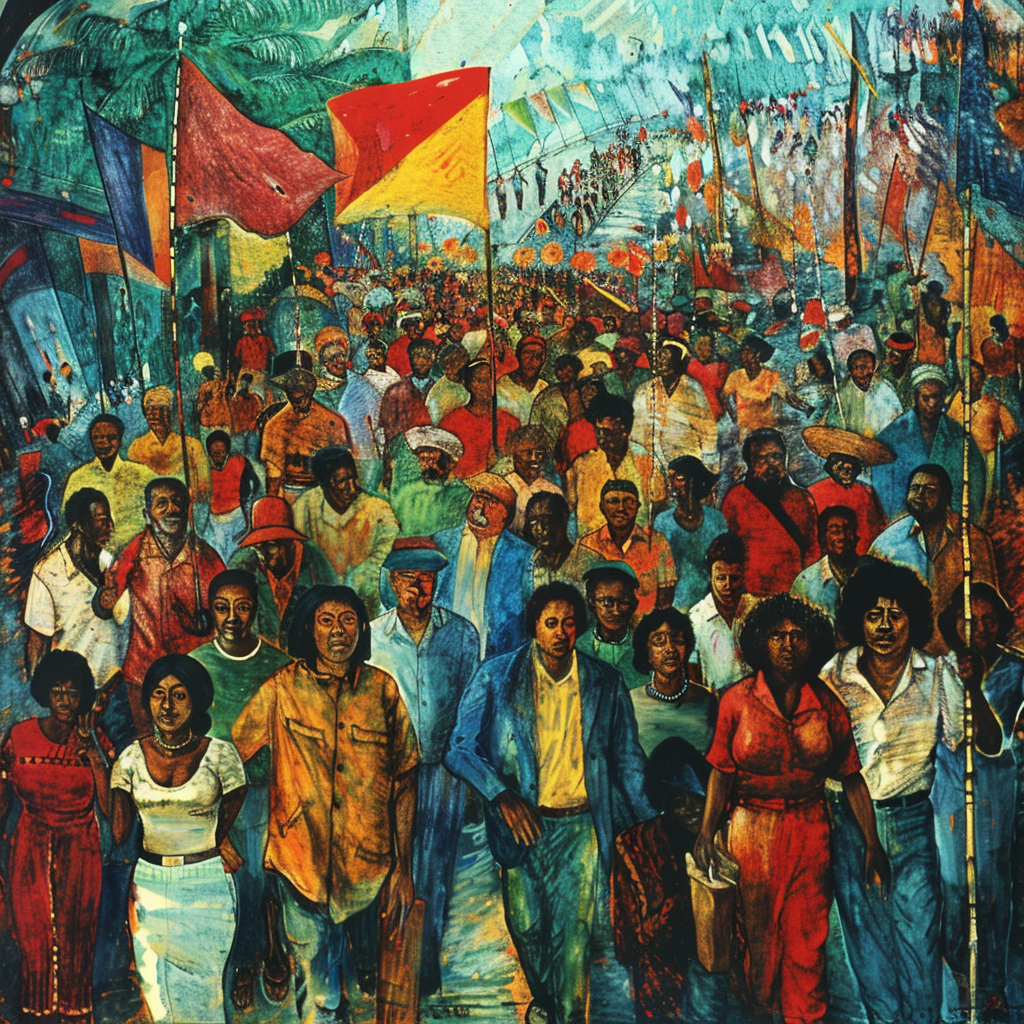Hey there, let’s dive into the fascinating yet complex topic of religious conversion and indigenous belief systems in colonial Africa. Get ready to uncover how Christianity and Islam spread across the continent, and the profound impact they had on African societies, both positive and negative.
The Arrival of European Missionaries and Islamic Scholars
Picture this: European missionaries and Islamic scholars arrive in Africa, armed with their respective faiths and a mission to convert the “heathen” Africans to Christianity or Islam. They see themselves as bearers of light, bringing salvation and enlightenment to the “dark” continent. But what unfolds is a complex dance of cultural exchange, adaptation, and resistance.
Interactions Between Missionaries and Indigenous Belief Systems
As missionaries and Islamic scholars set out to spread their faiths, they encounter a rich tapestry of indigenous belief systems across Africa. From traditional African religions to animism and ancestor worship, these belief systems are deeply rooted in the cultures and traditions of African societies. Some Africans embrace Christianity or Islam, blending elements of their indigenous beliefs with their newfound faith. Others resist conversion, clinging fiercely to their traditional practices and resisting the imposition of foreign religions.
The Role of Religion in Colonial Control and Resistance
Religion becomes a powerful tool for both colonial control and resistance. European colonizers often use Christianity to justify their conquest, portraying themselves as civilizing forces bringing salvation to “primitive” Africans. They build churches, schools, and hospitals, using them as tools of social control and assimilation. However, religion also becomes a source of resistance, with African Christians and Muslims using their faith to challenge colonial oppression and advocate for justice and equality.
Positive Impacts of Religious Conversion
Despite the complexities, the spread of Christianity and Islam in colonial Africa brings some positive impacts. Missionaries and Islamic scholars introduce Western education, modern healthcare, and new technologies to African societies, improving living standards and opening up new opportunities for Africans. They also promote literacy and the written word, preserving African languages and cultures through written texts.
Negative Impacts of Religious Conversion
However, there are also negative impacts of religious conversion. The spread of Christianity and Islam often leads to the erosion of indigenous belief systems, cultural practices, and traditional knowledge. Missionaries and Islamic scholars sometimes demonize African religions as primitive or demonic, leading to the suppression and persecution of indigenous spiritual leaders and practices.
In conclusion, the spread of Christianity and Islam in colonial Africa is a complex and multifaceted phenomenon with both positive and negative impacts. It shapes the cultural, social, and political landscape of the continent in profound ways, leaving a legacy that continues to influence African societies to this day. As we reflect on this history, it’s important to recognize the resilience of African communities in the face of religious imperialism and to honor the diversity of spiritual traditions that make up the rich tapestry of African identity.
Related Articles
- Decolonization Movements and Independence Struggles
- Religious Conversion and Indigenous Belief Systems
- Healthcare and Colonial Medicine
- Cultural Imperialism and Identity Struggles
- Colonial Borders and Ethnic Conflict
- Economic Exploitation and Resource Extraction
- The Legacy of Colonialism in Education
- Resistance to Colonial Rule
- The Scramble for Africa: Europe’s Greed
- The Impact of Colonialism on African Societies



